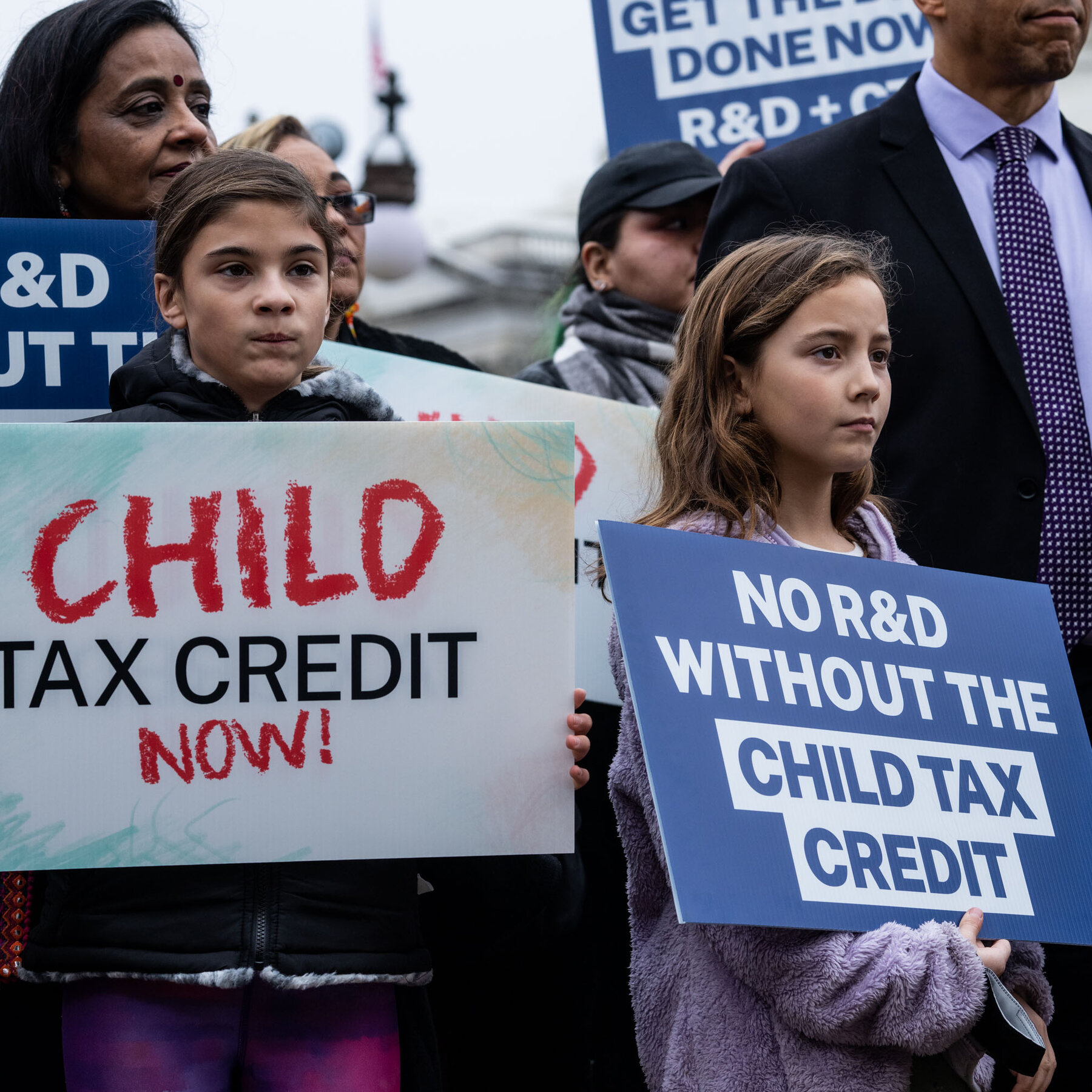Debates Over Tax Relief Measures Intensify Amid Concerns Over Inequality and Financial Constraints
Navigating Financial Constraints and Inequality: Connecticut Debates Child Tax Credit
At the Connecticut State Capitol, the spotlight is on whether to create a new tax credit for low and middle income families with children. While over two dozen legislators support the idea, including the Finance, Revenue and Bonding Committee, which heard testimony from around 100 groups endorsing the relief, leaders are cautious about its implementation due to financial constraints and timing.
In recent years, Connecticut has faced significant income and wealth inequality exacerbated by a regressive tax system. Advocates argue that a child tax credit could alleviate this burden, with proposals ranging from $500 to $600 per child. However, concerns about affordability and economic impact persist, leading to debates over potential tax increases on the wealthy versus more modest relief measures like deductions or incremental credits.

$600 Child Income Tax Credit – Connecticut Push Faces Major Hurdles (PHOTO: Hartford Business Journal)
Seeking Middle Ground: Connecticut Strives for Agreement on Child Tax Credit Implementation
While there is bipartisan support for addressing tax equity finding consensus on the best approach remains a challenge. Some advocate for incremental steps such as Senate President Martin Looney’s proposal for a gradual increase in the child tax credit while others push for more substantial reforms. As discussions continue, the issue of tax relief for families with children remains a focal point in Connecticut’s legislative agenda with stakeholders emphasizing the need for meaningful action to address financial hardships faced by many.
READ ALSO: $1.5M For Tree Of Life Reconstruction And Jewish Community Mental Health Support

















































